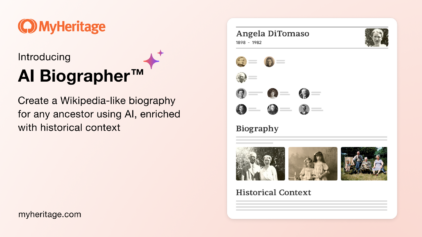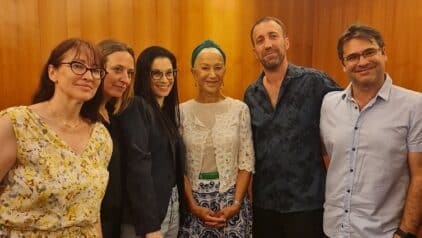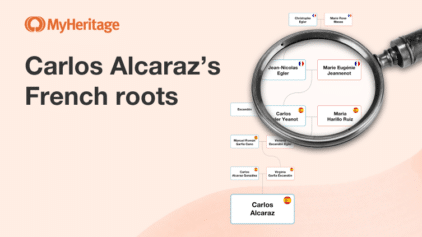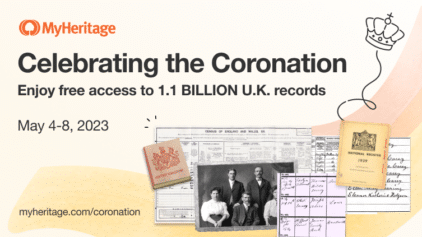

 Every day, researchers find more and more information about themselves, their relatives and ancestors.
Every day, researchers find more and more information about themselves, their relatives and ancestors.
Think about it. All those websites with genealogical records (birth, marriage, death, military service and more). Don’t forget that Twitter is now archived at the Library of Congress.
Occasionally, I do a search on specific people. To my great surprise, a reference to a prestigious state event our daughter participated in during her senior year in high school popped up. Nothing I didn’t already know, but to actually see it in print – and we are talking some years ago – was quite exciting. I’d use it as an illustration, but she wouldn’t talk to me again! In any case, it has been saved to our family tree for future reference.
So, what will our children, grandchildren and great-grandchildren find out about us after we are long gone? I’m sure there will be interesting items, funny things, perhaps somewhat embarrassing things … and what about all our Tweets available online?
Marcelo Gleiser’s blog post for National Public Radio illustrates this development rather personally when his stepmother died.
The Internet offers a kind of passive immortality, the kind acquired through the accumulated storage of the many interactions an individual has with the World Wide Web, leaving his or her mark. It’s not necessarily the writing of books, or the proving of theorems, or composing ballads or symphonies. (Although those would be there as well.) Just the Facebook or Twitter account, the mention in a newspaper or magazine article, the speech that was recorded in someone else’s Google+ page, an exchange of recipes, even an obituary.
Gleiser writes that relatively few people have information on their own family going back three or four generations. He wonders about his readers’ great-great-grandparents, what they did, where they traveled, what did they eat and what were their hobbies. In the old days, once a person died, information was lost, except perhaps for a published obituary found online today or other records discovered by the family history sleuth.
But what’s really essential, writes Gleiser, is that today a bit of each of us now exists and is available through anybody’s computer around the globe.
Up until a decade ago, a person’s life remained in the memory of those who stayed behind, or on the occasional archived obituary. When those memories were lost, the person’s life, all that she lived for, disappeared forever. Apart from gene transmission — not very satisfying from an emotional perspective and diluted with every generation — we could say that you existed so long as someone remembered you.
If we are now possessed of a kind of Internet immortality, how do we want to be remembered in the future?
Share your views in the comments below (and read Gleiser’s article at the link above).









